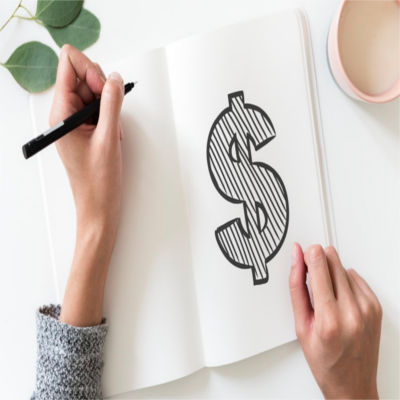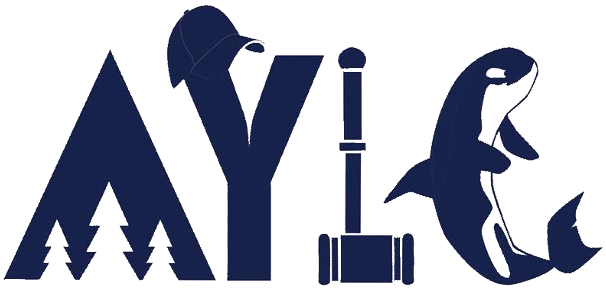Bank Accounts
Bank Accounts

Can I open my own bank accounts if I am under 18?
Some banks may let you open a checking or savings account on your own even if you are under 18. But not all banks will do this. If a bank will not allow you to open an account on your own, you may be able to open a joint account with your parent or legal guardian. If you have a joint account with your parent or legal guardian, he or she will have complete access to money in the account. If the account is in your name alone, your parent cannot control or take the money from the account.
To open an account, you will also need to make sure you have the forms of identification the bank requires.
What are some good questions to ask before opening a bank account?
You should ask, and understand the answers to, questions like these:
- Do I have to keep at least a certain amount of money—called a minimum balance — in the account?
- Does the bank pay interest on the money in the account?
- What fees does the bank charge and how often?
- Does the bank have automated teller machines (ATMs) and will I be charged a fee to use them?
What happens if my check bounces?
First of all, be aware that writing a check when you don’t have enough money in your account to pay it may be a crime. If you do write a check for more than the amount you have in your checking account, the bank may handle it in several different ways:
- The bank may return the check to the person or the business that attempted to cash That person may notify you and charge up to three times the amount of the check in penalties.
- The bank may pay the check (and require you to make a deposit to cover the difference). The bank will charge you a fee or a penalty if this happens.
How long does it take for a check to clear?
The process could be virtually instantaneous. Some stores now use electronic check conversion, which allows the sales clerk to pass your check through a machine and immediately transfer the funds from your bank account electronically. The sales clerk will then return the actual check to you. In addition, current laws now allow banks to process check payments electronically even before the actual paper check gets back to your bank for payment.
If I deposit a check someone else gave me, can my bank refuse to give me the money?
If you deposit a check another person gave you, your bank may not give you the money right away. Your bank has a right to wait a reasonable period of time to be sure the check clears. That means your bank gets the money because the account on which the check was written in fact has the money to pay the check. Even if your bank tells you the check has cleared, you will have to pay the money back if it turns out that the check is no good. So, be very careful about accepting checks from a person you do not know and trust.
Be especially careful if someone gives you a check for more than you expect, then asks you to give them cash back for the extra amount. DON’T DO IT! This is a common scam, and you may find that you have to pay the entire amount back to your bank.
Also note that a bank does not have to cash any check that was dated more than six months before you present it to the bank.



